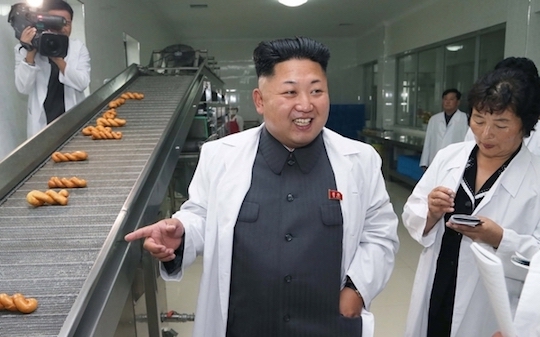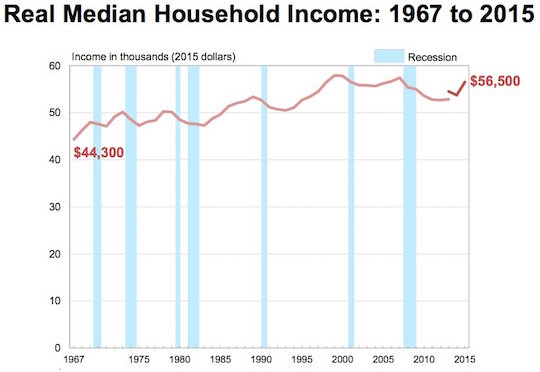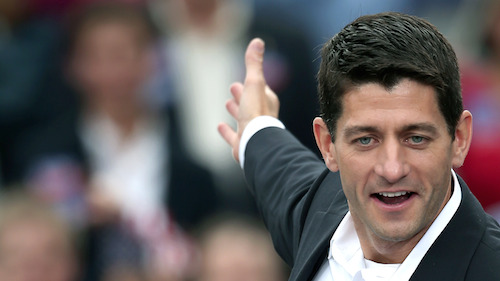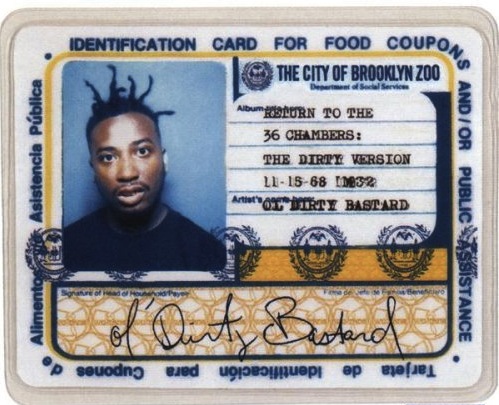We all know that the most effective form of government is a powerful chief executive who inherited his position and never got a chance to fail. When times are tough, you want a rich kid with a long resume in the family business. That’s how my grandparents’ generation won World War II: their parents won World War I. But what happens when two Little Lord Fauntleroy types square off? If you were to pit, say, Fred Trump’s kid against the cleverest public-school graduates in New York, you know who would win. Same goes for Kim Jong Il’s kid against the savviest apparatchiks in North Korea. When two such people square off, though, the resourcefulness that comes from being sucked up to your whole life cancels out on both sides. They are left with only their positions to defend them, plus their unimaginable wealth. Today is Friday, and two of the biggest assholes in the world are ready to win a nuclear war. Won’t you pit hack against hack with me?
Tag Archives: poverty
Last year’s median income data is great; last 15 years, not so much
The median income of an American household increased 5.2 percent in 2015, the largest single-year increase since 1967. The poverty rate also fell, and the portion of Americans without health insurance fell to about 10 percent. That’s good news, especially during a recovery whose benefits have disproportionately gone to the very rich and large corporations. The bad news is in the graph above. You will notice that median incomes have risen after the each of the seven recessions of the last 50 years except for two: the last two. Although the historical trend has been for incomes to exceed or at least return to their pre-recession levels during each recovery, the median income is still lower than it was in 2007 or, for that matter, 1998.
Paul Ryan invites us to save money by embracing false dichotomy
After over-composing to make deadline yesterday, I am enjoying my first semi-day off in weeks. While I propagate a culture of laziness and entitlement, how about we check in with a guy who knows all about that stuff from the perspective of righteous election? I refer of course to Paul Ryan, who recently complained that poverty is largely due to people in the inner cities “not even thinking about working or learning the value and the culture of work.” In case this blog post falls into a time machine set for 1954, “inner cities” is futurespeak for “people who are not white.” We need to stop spending money to help them, or this poverty thing might spread to another demographic.
What to do about those pesky poor
Now that a new Congress has convened and pledged itself to beating back the deficit we accumulated out of nowhere in the last two years, we have to think about poor people. Personally, that’s something I try to limit to the ten or so minutes it takes me to get in and out of Taco Bell, but it so happens that A) poor people are where we’re going to trim the deficit, since wars, social security and tax cuts for the rich are utterly indispensable, and B) present conditions mean that there are a lot more of them. It turns out that a high school dropout and a 40 of Old English isn’t the only way to make new poor people. You can also do it with a massive economic contraction. As any recently unemployed person will tell you, those are the good kind of poor people: the ones who love work and being responsible, but who through no fault of their own have been temporarily deprived of their opportunity to do either. Such hard-working, down-on-their-luck Americans are the ones we are obliged to help. But how to do it without also giving professional poor people a free ride?
Nebraska bill would make drug tests a condition of welfare
Alert reader Zach Sanderson sent me this article describing a proposal in the Nebraska legislature to tie welfare benefits to drug testing. Introduced by Senator Charlie Janssen of Fremont—population 26,000—the bill would require new applicants and current recipients of public assistance to submit to random tests, as authorized by the 1990 congressional overhaul of the federal welfare system. “When a taxpayer gives assistance to somebody, it’s assistance so they can get back up on their feet,” Janssen told ABC. “It’s kind of a slap in the face to the taxpayers when they say, ‘We’re going to get up on our feet while we’re doing drugs.'” Janssen makes a good point, whose incisiveness is dulled only slightly by its being echoed from every barstool in the country during tax season. In 2006, Nebraska spent just over $2 billion on welfare—which includes food stamps, housing assistance and Medicaid, but not, somehow, Medicare, college scholarships or farm subsidies—to support 320,000 recipients.*  Surely, some of those people are wasting taxpayers’ hard-earned money. Unfortunately, administering drug tests to all of them—at an average rate of $42 per test, according to the Department of Education—would cost the state $13.4 million, and that’s just to do it once. Janssen himself admits that the costs of testing would, at least in the short term, make his plan unworkable. “This is part of our budget woes…paying people who aren’t truly trying to rehabilitate themselves and get off the state welfare system,” he said. “But the short-term cost right now is probably going to be overwhelming.” Which raises an interesting question: what, exactly, do we spend money on welfare for?
Surely, some of those people are wasting taxpayers’ hard-earned money. Unfortunately, administering drug tests to all of them—at an average rate of $42 per test, according to the Department of Education—would cost the state $13.4 million, and that’s just to do it once. Janssen himself admits that the costs of testing would, at least in the short term, make his plan unworkable. “This is part of our budget woes…paying people who aren’t truly trying to rehabilitate themselves and get off the state welfare system,” he said. “But the short-term cost right now is probably going to be overwhelming.” Which raises an interesting question: what, exactly, do we spend money on welfare for?





